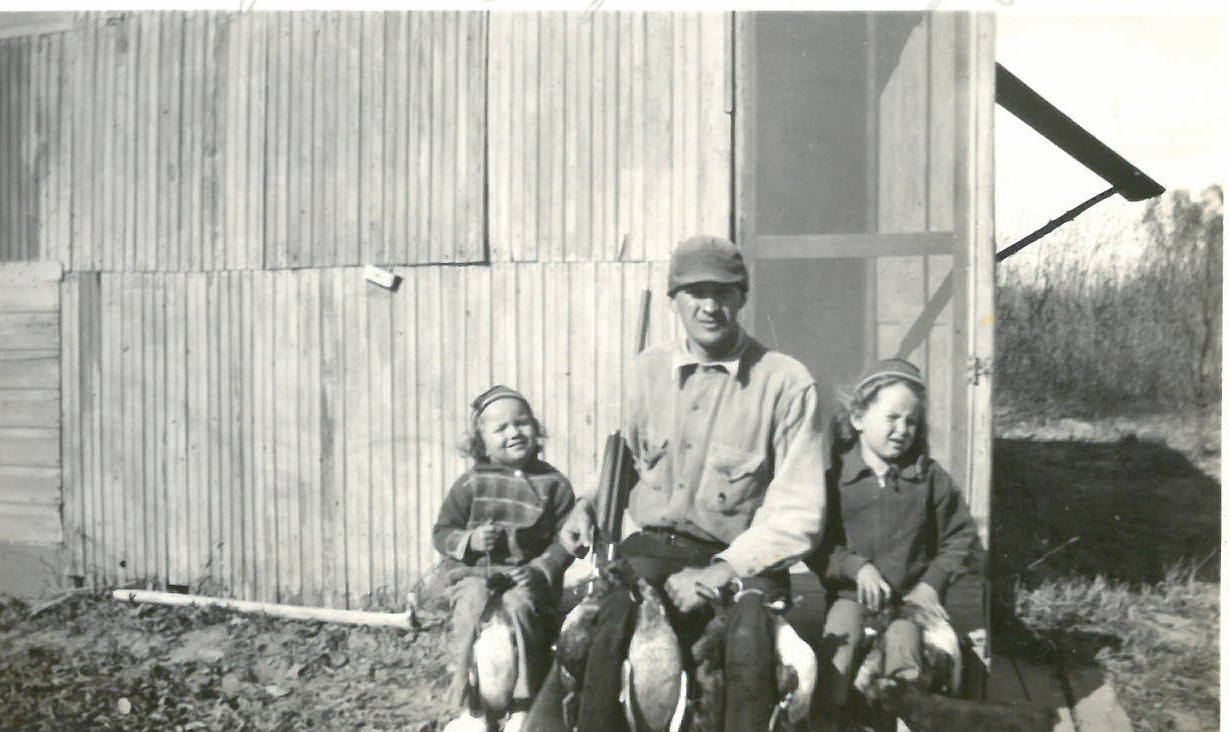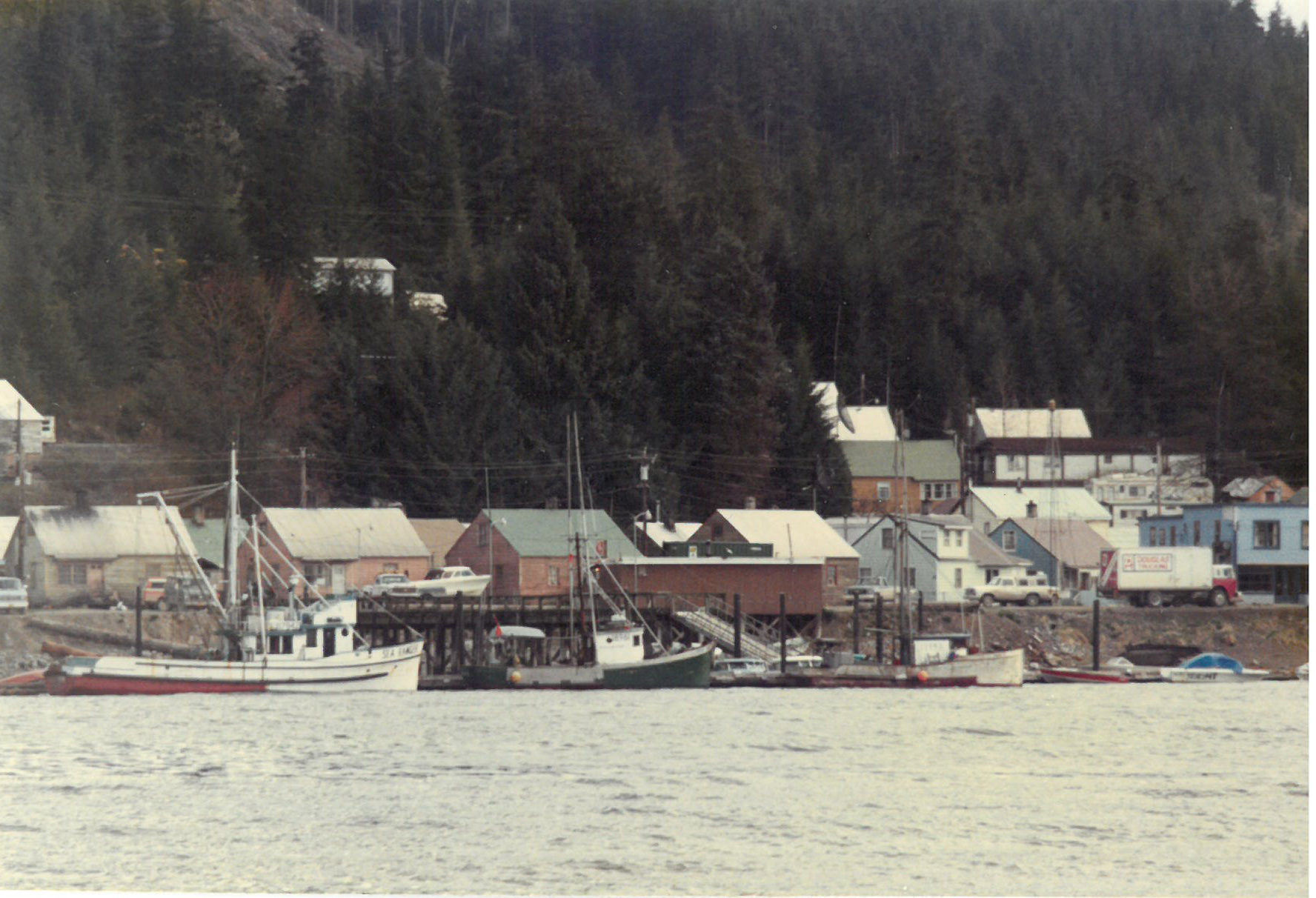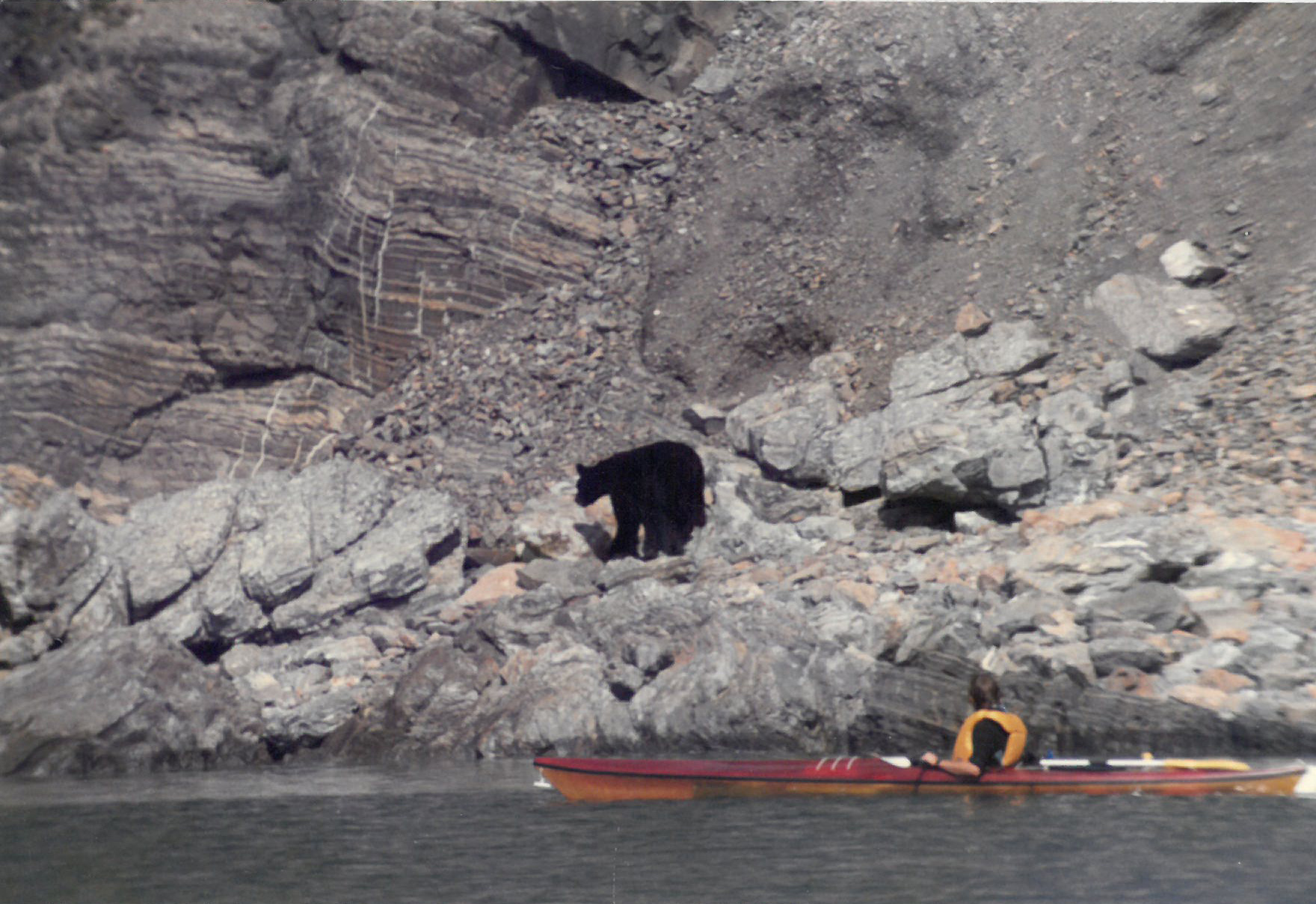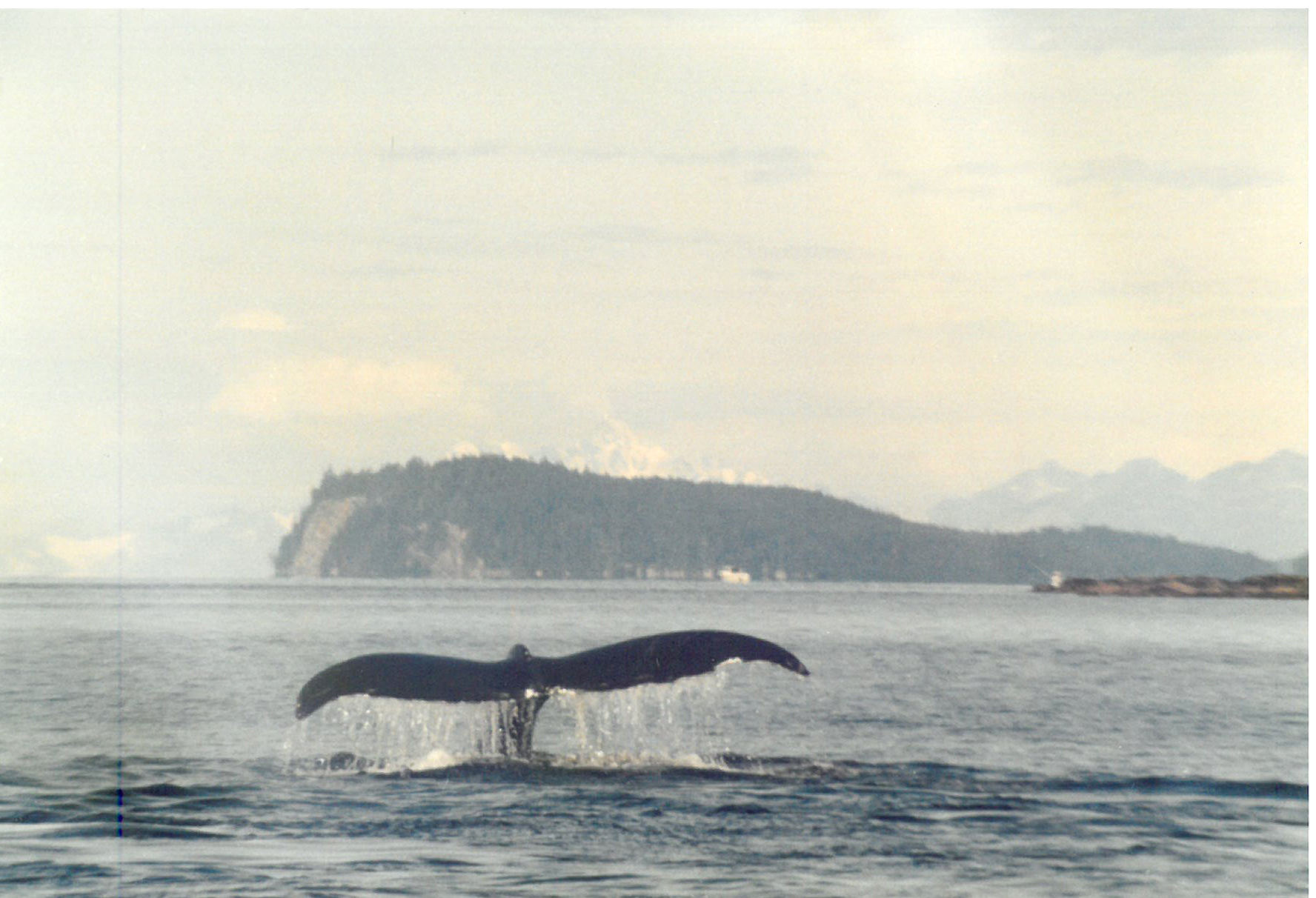By Deborah Herz
Jane Winterson wanted to become a sister when she was only in the eighth grade, but she didn’t take her final vows until she was 38.
This profile is one in a four-part series on Sisters of Mercy in Alaska.
See links after article.
“I was teaching biology and studying to be a nurse at Maryville College (now University) in St. Louis when Mercy Junior College merged with Maryville and the sisters took over the nursing program,” she says. “I really liked what I saw and it was a good fit.”
Having recently celebrated her 40th jubilee, Jane was raised in Omaha, Nebraska, by a family with a diverse religious background. “My father was Episcopalian, my mother was Catholic and I had a Jewish uncle,” she says.
Her father George was a great outdoorsman who enjoyed taking her hunting and fishing. “When I told my father I joined the Mercy order, he was worried I might have to wear my veil when we went fishing,” she says. “As it turned out, I didn’t.”

Now 82, Jane inherited her father’s love of the great outdoors and adventure. “Last summer I went fishing on the Missouri River, where the carp, catfish and gar—a snakelike thing that resembles an alligator—are abundant,” she says. “I caught one that was about three feet long.”
She definitely earned bragging rights that day, but nothing compares to the 47-pound salmon she caught in Juneau, Alaska, where she helped out at a summer camp. “It was the biggest fish I ever caught,” she says. “I gutted, cleaned and froze it, then packed it up and took it home to Nebraska.”
Jane served in Sitka, an island accessible only by boat or plane. Today, the town boasts two traffic lights, up from zero when Jane arrived in 1986 to do parish work and visit the homebound.

“We had only 11 or 12 miles of paved road, so traffic was unheard of,” she explains. “We were surrounded by a dormant volcano and mountains, and tsunamis were quite common. When a tsunami hit, everyone knocked on everyone’s door and we all went to higher ground. It was just part of life.”
Home to towering spruce, hemlock, eagles and a rainforest, Sitka is so quiet you can hear the humpback whales exhale a mile away. The natives and indigenous peoples, the Tlingit, live very simply, in their boats and on the water, fishing for black cod, trout and salmon.

Jane felt right at home, but her mission ended abruptly after only a year when her father was diagnosed with cancer. She returned home to help care for him and he died at the age of 86, young by Winterson family standards. Her mother lived to be 96.
One of Jane’s favorite memories of Alaska is boating with a parishioner in an inflatable Zodiac boat. “I got to pet a whale,” she adds. “They are smelly things. This one had every kind of barnacle growing on it. I loved picking up starfish, too. They were four different colors: purple, orange green and red.”

Now based in Oklahoma City, where she teaches algebra and pre-algebra at Sacred Heart Catholic School to mostly Hispanic children, Jane says she misses the simplicity of Alaska. “City life is not so simple,” she adds.
Given the opportunity, she’d visit Alaska again, and go even further north. “When I was there we would listen to the radio and the announcer would say, ‘It’s 10 in the morning and the sun has gone down, but it will come back up again in three months.’ After that, we’d have nine months of daylight.”
Since then, the motto engraved in her ring: “My God, my all,” has served her well. She still drives and thinks nothing of taking a road trip to her family homes—one 18 hours away in Jackson Hole, Wyoming, and the other seven hours north in Omaha.
Along the way, she’s picked up some great travel advice that’s still valuable today: “If you see polar bears coming, don’t run,” she warns. “Let them know you’re there. Deter them with an airhorn and don’t look them in the face.”
Read more about Sisters of Mercy who ministered in Alaska:
_x0002_